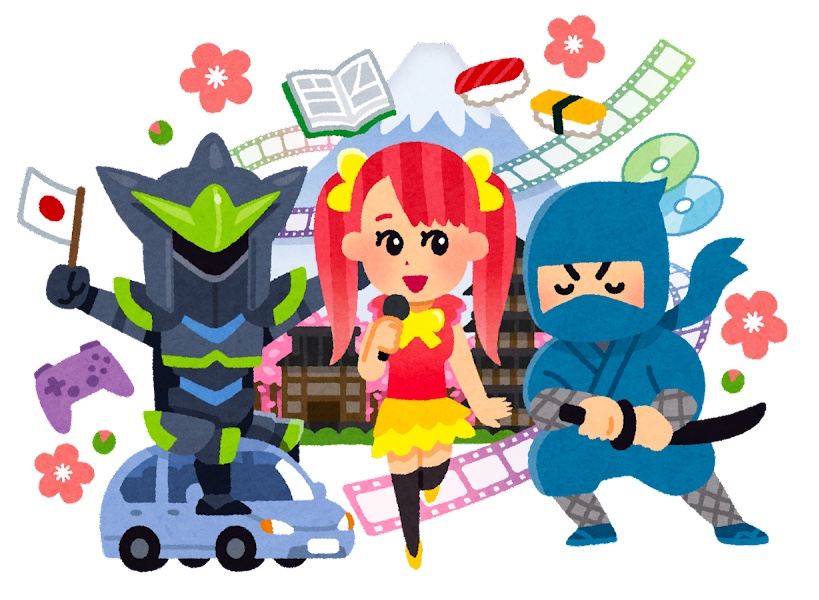Among the Japanese culture that Japanese people have taken for granted and spent their lives in contact with, there are some unusual items that may surprise you in other countries. Knowing the differences from other countries and the reactions of foreigners when they see Japanese culture is an indispensable education for cross-cultural exchange, and is also useful knowledge when traveling abroad. In this article, we will introduce in detail the Japanese culture that surprises people overseas, comparing it with that of other countries.
Coming-of-Age Ceremony at the same time
Coming of age” in Japan is a major event in a person’s life, where one is recognized as an adult in society. Although many newcomers choose to wear suits for the occasion, the image of furisode (long-sleeved kimono) and hakama (traditional Japanese male formal attire) prevails both in Japan and abroad, making it obvious that this is a uniquely Japanese event. However, similar cultures exist in other countries as well. For example, in the “sweet sixteen” in the U.S., the age of 16, when one can obtain a driver’s license, is considered an adult, and the birthday of that year is celebrated in a big way. Of course, since everyone’s birthday is different, the timing differs from Japan, where all adults are celebrated at the same time nationwide.
Restaurants offers free water and hand towels
In the restaurant industry, “restaurants offers free water and hand towels” has become a common cultural practice for Japanese people. Although there are cases in which free water and hand towels are given with wine and other drinks, it is a global standard to order water for a fee. In terms of oshibori (hand towels), this is a service that is almost unheard of outside of Japan. This kind of service is perhaps the best example of the “Omotenashi” culture that Japan prides itself on.
Displaying Expensive Dolls on Hinamatsuri
The Hinamatsuri, held annually on March 3 to celebrate the growth of girls, is another Japanese cultural event that surprises people overseas. While girls’ celebrations are rare in other countries, there is an even bigger reason for the surprise. The main reason is the “hina dolls,” which are decorated by parents to wish for the health and growth of their daughters. This is due to the high price of hina dolls. Even in other countries, there are cultures where families decorate for their children, such as at Christmas, but they do not seem to spend as much money as they do for the Hinamatsuri. Some may wonder why dolls are used in the first place.
Entrance Ceremony is in April
In Japan, the entrance ceremony is held in April, when the cherry blossoms are in full bloom, and is one of the events that herald the beginning of a new life. Although it may not seem so strange in Japan, in fact, there are almost no countries that hold entrance ceremonies in April. The most common entrance ceremony is held in September, as adopted by Western countries, China, Mongolia, and other countries.
Eating a meal with sound
Food culture differs greatly from one culture to another. One unique Japanese food culture that is not well accepted overseas is “eating with noise. In Japan, when eating noodles such as soba, udon, and ramen, it is common to make a slurping sound. However, this does not make a good impression in foreign countries, where eating slowly and quietly is often considered as a virtue. Even in Japanese restaurants overseas, few people give priority to Japanese eating manners. To avoid causing discomfort to those around you, you may want to be careful when traveling abroad.
Valentine’s Day: Giving Chocolates to Men
Valentine’s Day, which falls on February 14 every year, originated with Christian priests during the Roman Empire, and is universally recognized worldwide as a day for lovers to pledge their love to each other. In Japan, it is generally recognized as a day for women to give chocolate to men. In fact, it is rare in the world that the giver and the gift are decided, and this is a custom unique to Japan. In particular, Japan is the only country in the world where chocolate is considered a gift.




Comments